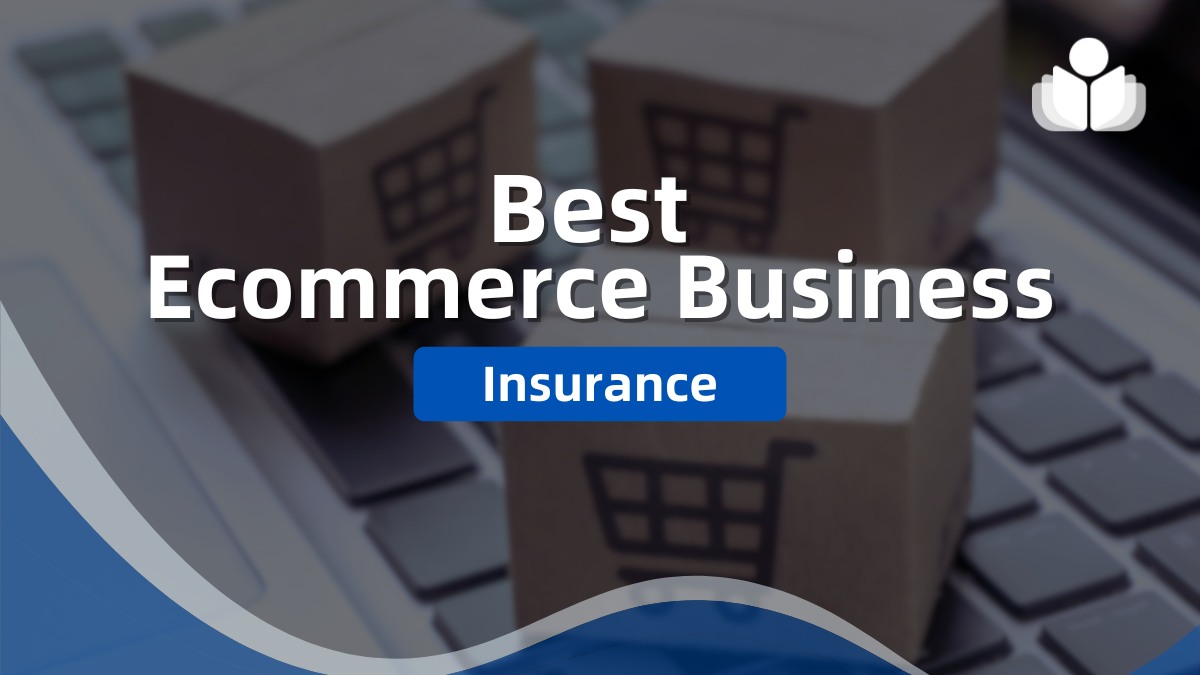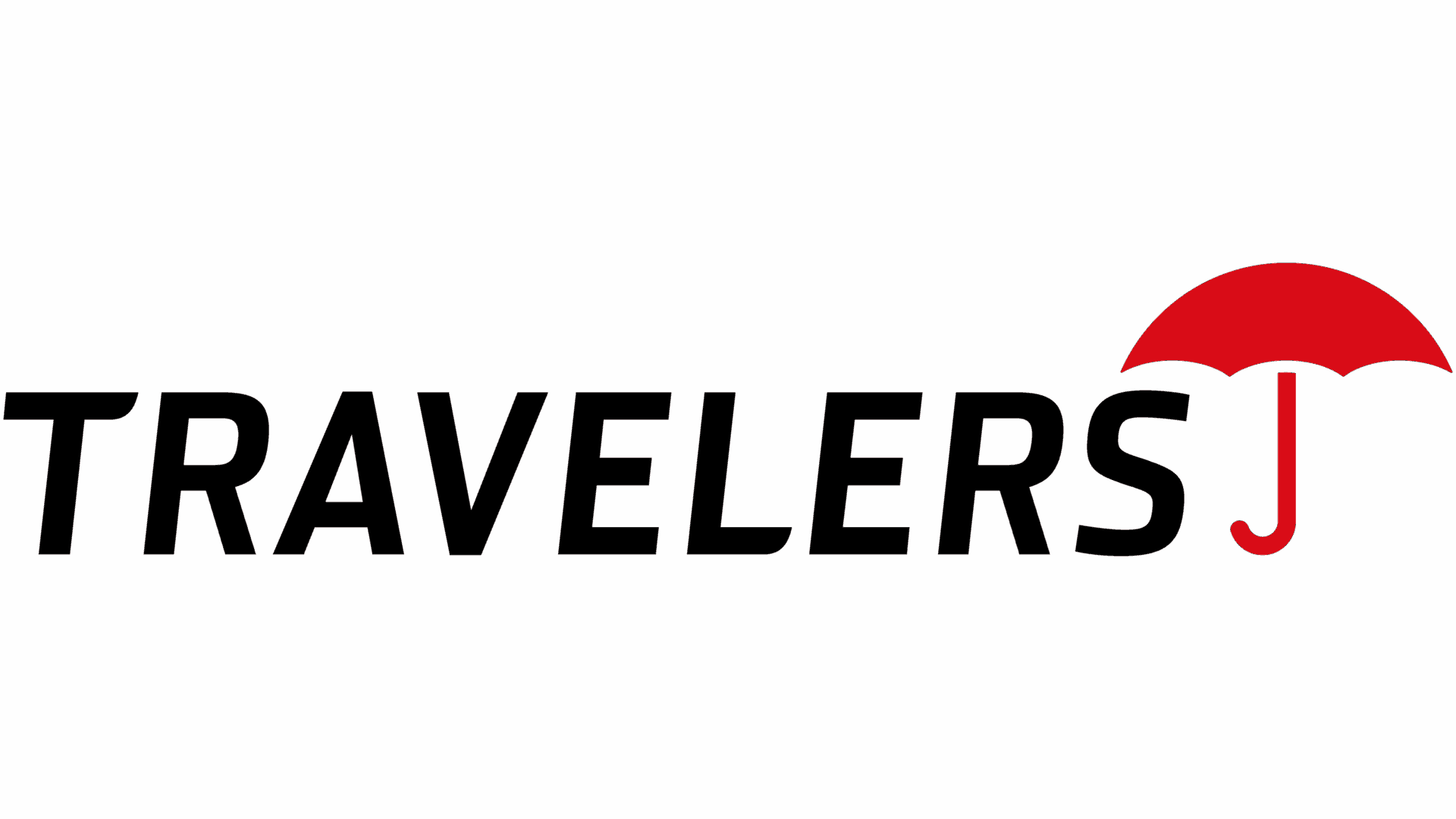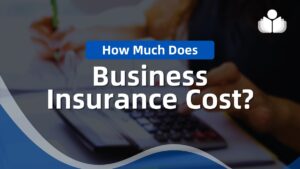Insurance can be daunting, especially when launching a business. The products are complex, and the jargon can be overwhelming. However, insurance is crucial for protecting your business. It can differ between a minor setback and a major catastrophe if you ever need to rely on it.
Understanding the basics of insurance before consulting a professional can help you grasp the process and determine which products your business might require as it grows.
If you’re still feeling overwhelmed, remember: commercial insurance is just another product you buy, tailored to your business’s needs. And you already know your business inside and out.
>> Use NEXT’s E-commerce Business Insurance >>
What Is E-Commerce Business Insurance?
E-commerce business insurance provides specialized coverage to protect online retailers from financial losses and liabilities related to their digital operations. It covers risks such as cyber-attacks, data breaches, product liability, and shipping issues, ensuring the stability and security of e-commerce businesses.
What Type of Insurance Does an Online Retailer Need?
Online retailers face unique risks that other businesses might not encounter. From data breaches and stolen inventory to damaged goods during shipping, the right insurance is essential for the success of your online retail business. Common types of insurance for online businesses include:
General Liability Insurance
General liability insurance protects you if someone gets injured on your property or while using your product, regardless of location. It acts as the first line of defense against significant business risks.
General liability insurance covers three main things:
- Bodily Injury Claims: Made by customers or anyone interacting with your business, such as delivery personnel.
- Property Damage Claims: Resulting from interactions with your business.
- Slander, Libel, or Copyright Infringement Claims: Made against your business.
Product Liability
Product liability insurance covers compensation if someone gets injured by a faulty product your business designs or manufactures. While similar to general liability, it focuses specifically on design and manufacturing flaws.
If your business sells products, there’s a risk of causing injury or damage. For example, if a customer falls ill from food processed in your kitchen, they could sue your business.
This insurance covers:
- Customer medical bills for injury treatment
- Legal fees and trial costs
- Settlements paid out
Cybersecurity Insurance
Digital security is a challenge for every e-commerce store. Hackers can steal customer data, including credit card information, or install malicious software.
As an online business, you’re responsible for protecting customer data. Small businesses, in particular, are vulnerable to these threats.
Cyber liability insurance protects you from lawsuits, legal penalties, customer settlements, and fines related to data breaches or cyberattacks. It also covers expenses to investigate issues and restore lost data and funds.
>> Use NEXT’s E-commerce Business Insurance >>
Workers’ Compensation Insurance
Workers’ compensation insurance provides wage and medical benefits to employees injured on the job and death benefits to families of those who die at work. It does not cover injuries sustained off the job.
Nearly every state requires businesses to have workers’ compensation insurance. Without it, you could face hefty fines. Your state government determines the coverage, wage, and medical benefits a worker receives.
Commercial Property Insurance
If you sell physical products, you must insure them against potential risks. Business property insurance covers theft, loss, or damage to your inventory and business property.
For example, if your house burns down with all your inventory inside, property insurance would cover the loss, including any damaged equipment, and pay for replacement costs.
Note that a homeowners policy covers personal items but likely won’t cover business-related items. If you run your business from home, ensure both personal and business aspects are covered unless you can replace all inventory and equipment out of pocket.
>> Use NEXT’s E-commerce Insurances >>
Why Do Online Retailers Need Small Business Insurance?
Business insurance is essential for financial and legal protection if you sell products online. It reduces risk and safeguards your inventory and employees against worst-case scenarios like supply chain disruptions or on-site injuries.
While revenue is a key indicator that you might need commercial insurance, other factors should also be considered. Insurance helps minimize risks in your business, covering areas not protected by personal insurance policies, such as inventory protection.
For example, if your inventory is stored in your garage or home office, your homeowner’s policy won’t cover it. Business insurance is also a tax-deductible expense that can lower your tax liability.
Other reasons you need business insurance are:
- Protect Customers and Employees: In case a product causes injury
- Guard Against Cyberattacks and Data Breaches: To safeguard customers’ sensitive information
- Defense Against Lawsuits: For breach of contract with clients or vendors
- Supply Chain Protection: To mitigate risks from supply chain issues
- Inventory Protection: Against damage or theft in your warehouse or during transit
As your business grows, you might be required to have commercial insurance due to contractual obligations. For instance, working with a fulfillment center or selling to major retailers like Amazon may necessitate specific types and amounts of insurance, such as liability or property insurance.
Whether it’s a straightforward decision or not, if you need e-commerce business insurance, your next step is figuring out where and how to buy it.
>> Use NEXT’s E-commerce Insurance >>
Who Needs E-Commerce Business Insurance?
- Online product retailers
- Virtual marketplaces
- Brick-and-mortar stores with an online presence
How Much Does E-Commerce Insurance Cost?
According to Next Insurance, general liability insurance for e-commerce companies costs between $23 and $31 per month.
Your own e-commerce insurance cost will depend on factors such as:
- Type of e-commerce store
- Business revenue
- Number of employees
- Location
- Claim history
- Types of coverages
- Policy details, limits, and deductibles
How to Get E-Commerce Insurance
You can obtain e-commerce insurance by speaking with an agent or getting quotes online. Here are some tips to help you determine your needs and acquire the right insurance:
- Bundle your policies. To save money, consider purchasing a Business Owners Policy (BOP), which includes general liability insurance, business income insurance, and commercial property insurance. BOPs are usually cheaper than buying each coverage separately.
- Evaluate your business’s exposure to risk. Every e-commerce business faces unique risks. Choose coverage types that address these risks. For instance, product liability insurance can cover injury and property damage lawsuits from defective products.
- Regularly review your risk factors. As your e-commerce business grows, your liabilities may change. New hires or expanded services can introduce new risks. Re-evaluate your risk profile annually and consult your insurance agent to determine if additional coverage is needed.
- Explore your options. Insurance carriers use different formulas to calculate costs, so not all policies are priced similarly. Comparing quotes from various insurers is essential. You can gather free quotes online or by consulting an independent insurance agent.
>> Use NEXT’s E-commerce Insurances >>
Best E-commerce Business Insurance Providers
NEXT Insurance, a relatively new entrant in the market, has quickly gained popularity among Amazon vendors. Amazon requires insurance for Pro Merchants with gross sales of $10,000 per month or more for three consecutive months.
NEXT Insurance meets these requirements with policies that include $1 million in general liability coverage per occurrence, aggregate limits, and coverage for injuries and damages.
The Hartford is a well-respected and dependable insurance provider, recognized as the best overall for e-commerce insurance. It offers a wide range of options for online stores and retail stores with an online presence. Coverage options include:
- Property damage
- Liability
- Business interruption
- Data breach
With an online portal and accessible agents, The Hartford makes managing your policies straightforward.
Hiscox is celebrated for its flexible and customizable insurance solutions for small and medium-sized enterprises (SMEs). For e-commerce businesses, Hiscox provides comprehensive policies that cover a range of risks, including liability, cyber threats, and professional indemnity.
Their e-commerce insurance features general liability coverage for third-party claims of bodily injury or property damage, cyber risk coverage to protect against data breaches and cyberattacks, and professional indemnity to shield against negligence or mistakes in professional services.
Known for its responsive customer service and easy-to-manage policies, Hiscox is preferred for e-commerce entrepreneurs seeking dependable protection.
Chubb stands out as a top provider of comprehensive e-commerce business insurance, offering robust coverage tailored to the complex needs of online businesses.
Their solutions include cyber liability insurance to cover costs from data breaches, cyberattacks, and privacy violations. They also provide business interruption insurance to help businesses recover lost income and cover operating expenses during disruptions.
Chubb’s policies typically include property insurance to protect physical and digital assets. Known for its extensive risk management services and support, Chubb helps e-commerce businesses proactively mitigate risks and respond effectively to incidents.
Travelers provide various e-commerce business insurance products tailored to protect online retailers and service providers from numerous risks. Their offerings include general liability insurance, which covers legal fees and damages from third-party bodily injury or property damage claims.
In addition, Travelers offers property insurance to safeguard physical assets and specialized cyber risk coverage to combat threats such as data breaches, cyber extortion, and network security failures.
With an emphasis on comprehensive coverage and proactive risk management, Travelers supports e-commerce businesses in navigating the complexities of the digital age, ensuring they have the necessary protection to succeed in a competitive market.
E-commerce Business Insurance – FAQs
>> Use NEXT’s Business Insurance Now >>
Bottom Line – Best Ecommerce Business Insurance
Running a business always involves risks, but you routinely identify and mitigate these risks as an entrepreneur. Working with an informed broker to buy commercial insurance can help uncover and manage unforeseen risks, reducing your worries.
Ultimately, there’s a significant difference between closing your business due to a preventable issue like damaged inventory and deciding to move on from a venture after giving it your all. Proper insurance can help ensure that preventable issues don’t force you to shut your doors.
 Sections of this topic
Sections of this topic





















